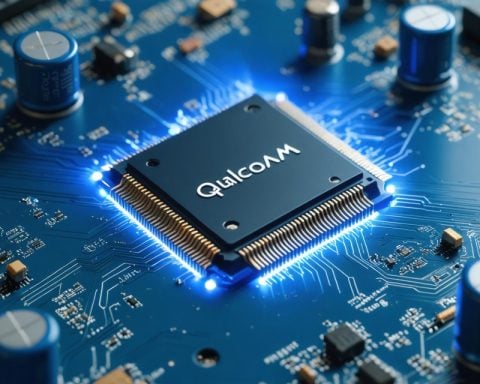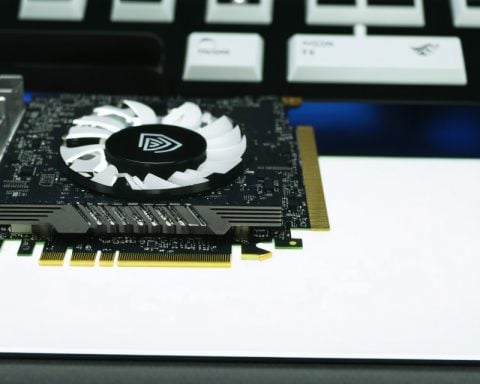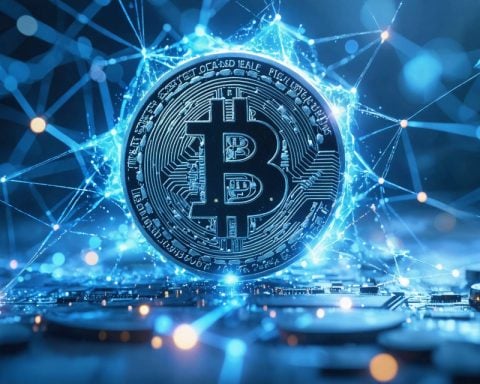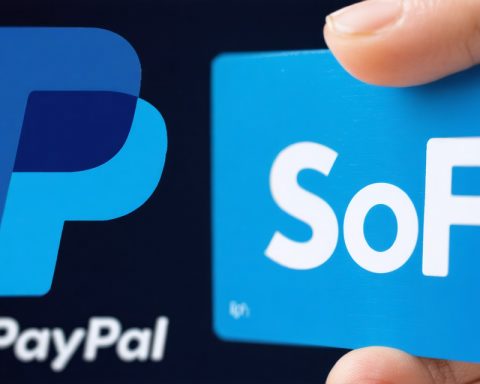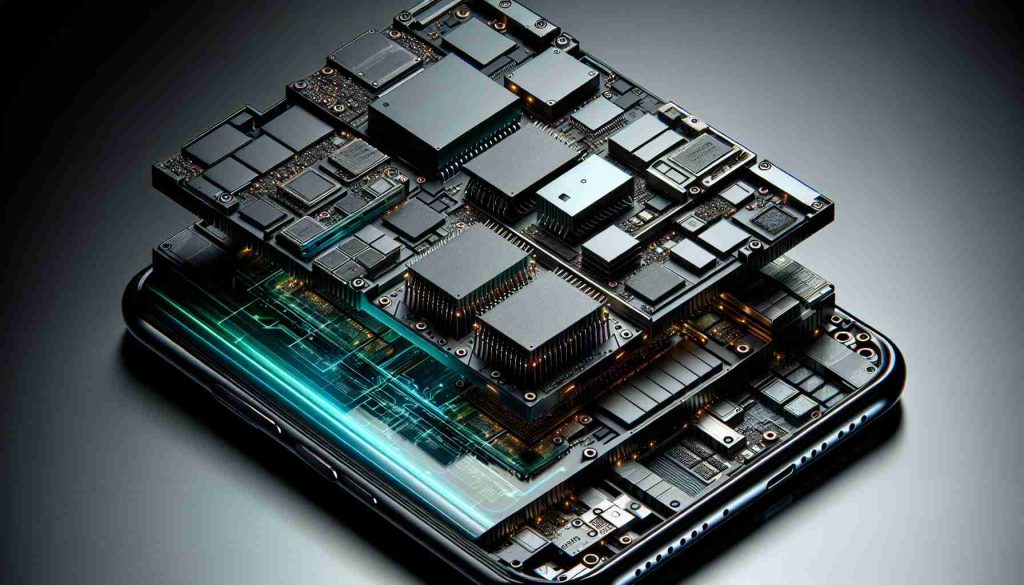Nokia Corporation has embarked on a significant financial maneuver aimed at enhancing shareholder value. On November 28, 2024, the company made a bold move by repurchasing a substantial amount of its own shares.
The buyback operation saw Nokia acquiring 872,093 shares, each priced at an average of EUR 3.97, specifically on the Helsinki Stock Exchange (XHEL). These transactions are part of a larger strategic initiative to counterbalance the effects of new share issues related to the Infinera Corporation. The overarching program, which was outlined earlier this month, seeks to purchase up to 150 million shares, with an expenditure cap set at EUR 900 million. This is scheduled to occur over a period that concludes at the end of 2025.
This move has been carried out under strict compliance with European financial regulations, ensuring transparency and responsibility in market operations. As of the recent activities dated November 28, the total financial outlay amounted to EUR 3,465,349, reflecting Nokia’s commitment to maintaining and enhancing its market position.
The Finnish tech giant, known for its cutting-edge innovations via Nokia Bell Labs, continues to make strides in the B2B sector, focusing on mobile, fixed, and cloud network advancements. Its consistent aim is to provide secure, reliable, and sustainable networks globally, pushing the boundaries of digital services and applications.
For further information or inquiries, Nokia welcomes communication through their dedicated channels, ensuring stakeholders remain well informed about their ongoing progress and strategies.
Has Nokia’s Share Buyback Plan Unintentionally Fanned the Flames of Market Speculation?
Nokia Corporation’s recent share buyback strategy has sparked considerable dialogue within the financial community about the potential ramifications of this bold move. While the company asserts that the repurchase plan is a carefully calculated effort to bolster shareholder value and stabilize their market position, the effects of this initiative reverberate through various areas, affecting stakeholders and observers alike.
How Share Buybacks Affect the Economy and Communities
A corporate endeavor like Nokia’s can have ripple effects extending far beyond increased shareholder value. Share buybacks essentially reduce the number of shares available in the market, often leading to a surge in stock prices. This can be advantageous to existing shareholders, who might witness an uptick in the value of their investments. However, this maneuver can also stoke market speculation, which might not be beneficial for all investors, particularly those who base their portfolios on company dividends.
The fluctuating share prices can affect pension funds and retirement savings heavily invested in such stocks, impacting retired individuals and those nearing retirement. Moreover, the financial maneuvers of multinational giants like Nokia can lead to broader economic implications, influencing market sentiments and trends globally.
Interesting Facts and Controversies
One intriguing aspect of Nokia’s buyback strategy is its link to the acquisition of Infinera Corporation. This underscores the company’s strategic intent to balance new equity distribution with consolidation efforts. The timing is crucial, as buying back shares when they are undervalued can strengthen the company’s long-term financial health.
However, controversies arise when considering the motives behind buybacks. Critics argue that funds allocated to repurchases could instead be used for investments in research and development, employee benefits, or enhancing technological infrastructure, which might offer more tangible long-term benefits to the community and economy.
Weighing the Advantages and Disadvantages
The advantages of Nokia’s buyback plan appear straightforward: enhancing shareholder value, demonstrating confidence in the company’s performance, and potentially driving stock prices upward. A robust stock price can serve as a barometer of the company’s health and appeal to investors.
On the flip side, the disadvantages cannot be overlooked. Share buybacks, at times, are perceived as a short-term fix that potentially benefits executives with significant equity holdings. Furthermore, such strategies might divert funds from essential growth and innovation avenues, which are crucial in the ever-evolving tech space Nokia inhabits.
Questions and Answers on Nokia’s Financial Strategy
Q: Are share buybacks sustainable in the long run for companies like Nokia?
A: Share buybacks can be sustainable when executed judiciously, ensuring they align with long-term strategic goals rather than serving short-term stock price enhancement. The sustainability hinges on maintaining a balance between rewarding shareholders and investing in future growth opportunities.
Q: Could this strategy affect Nokia’s innovation in telecommunications?
A: While the buyback plan aims to benefit shareholders, it arrives at a critical juncture for Nokia as it ventures into cloud and network advancements. If resources are misallocated, it risks hampering the company’s agility and pioneering spirit in tech innovations.
For those interested in exploring more about Nokia’s latest business strategies and market pursuits, visit their official website. Here, you can discover other facets of their financial maneuvers and broader corporate initiatives.





